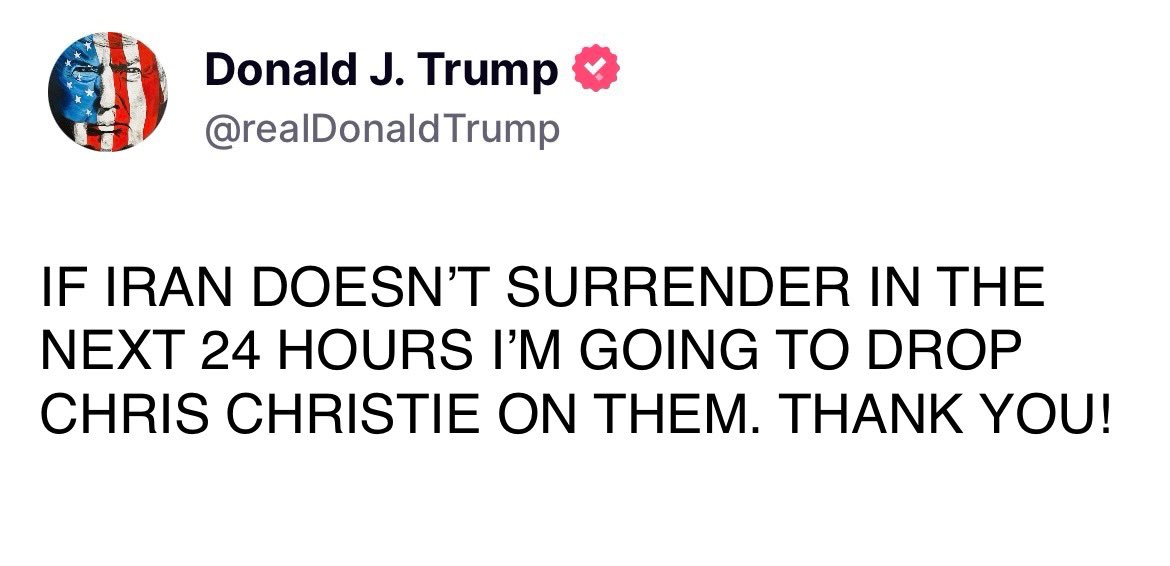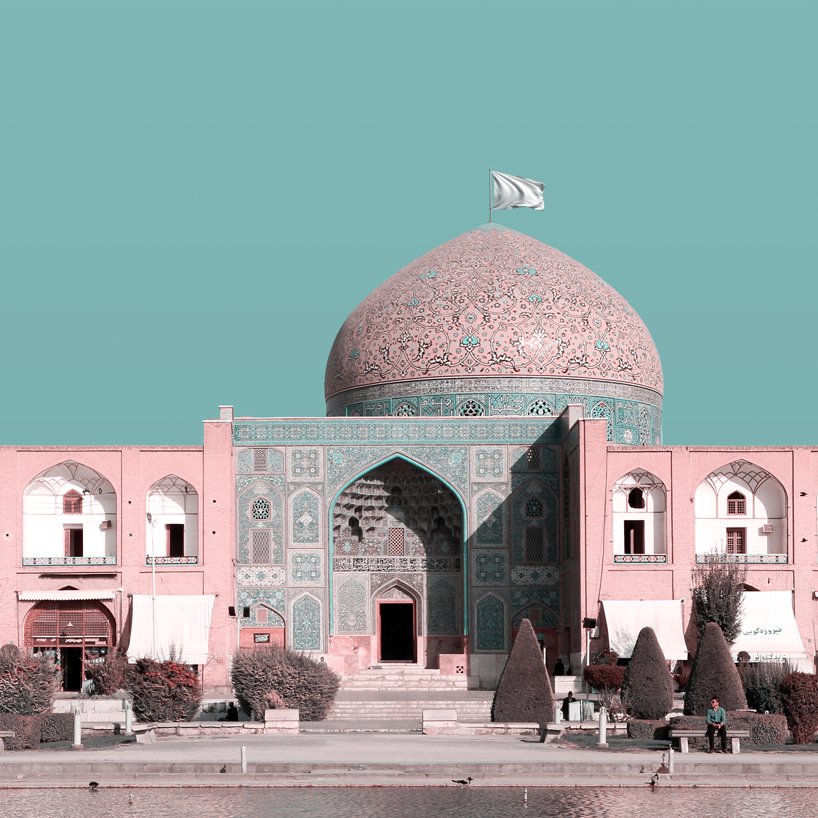- Joined
- Sep 13, 2007
- Messages
- 17,017
- Reaction score
- 20,916
That would be historic if they came to the White House I hope a deal is made and no more lives are lost
The democrats desperately trying to make this war about Trump is gonna back fire on them.





